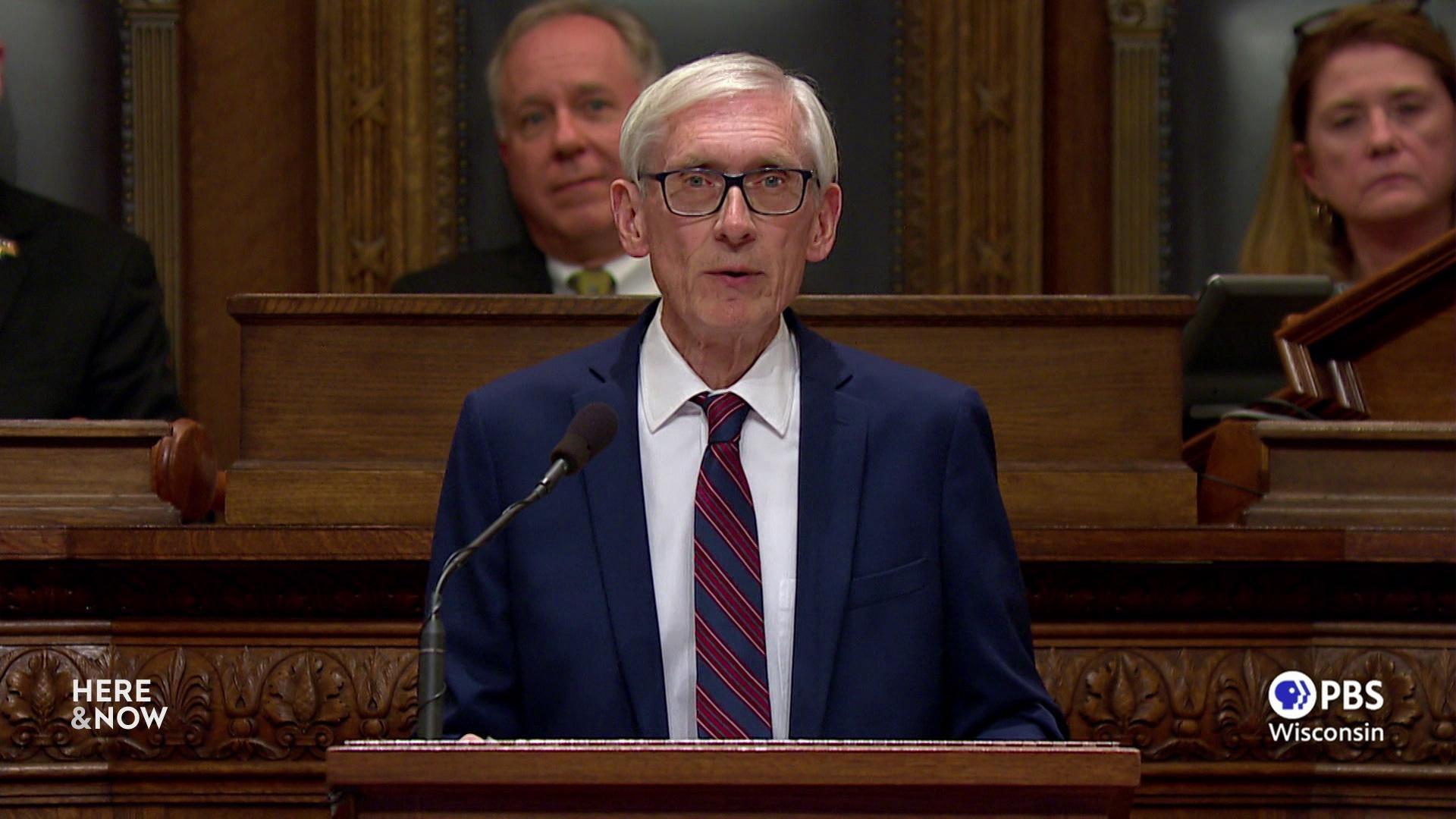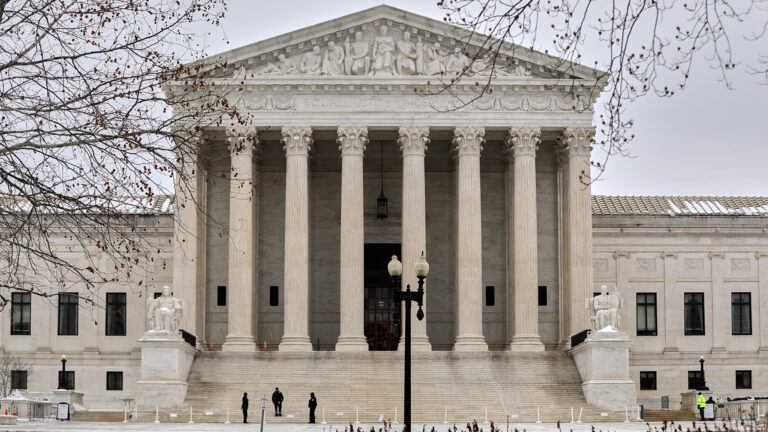Justin Sydnor on health insurance direct payment proposals
Wisconsin School of Business risk management and insurance professor Justin Sydnor considers economics and incentives of ideas for the government to issue direct payments to purchase health insurance.
By Frederica Freyberg | Here & Now
November 25, 2025
Justin Sydnor on economics and incentives of direct payments to purchase health insurance.
VIDEO TRANSCRIPT
Frederica Freyberg:
President Trump and members of the GOP talk about giving people direct payments — like $2,000 or something — to pay for their health care in a health savings account or something like that. What do you think of that?
Justin Sydnor:
Well, so you know, it's hard to react too much. So you know, the details and specifics really matter in health care, and so far, the proposals haven't been very detailed. But I think we can analyze, maybe the clearest one I've seen was actually from Senator Cassidy. So earlier this week, Senator Cassidy proposed, let's take part of the expiring enhanced premium tax credits for people who enroll in the ACA, give them to people if they enroll in the lowest generosity plans — what are called Bronze plans — in the form of a health savings account. So give them some part of that money. Now, so if you think in the short term, what does that do? Well, for somebody who's going to have high health care costs, it's kind of a wash because they're facing, say, a $15,000 deductible with that sort of plan. If you're going to need to go the doctor a lot, whether I give you $4,000 to cover premiums or $4,000 in an HSA that you can cover your deductibles with, it's going to work out about the same. But if you're a healthier person thinking about enrolling in the ACA and you're not sure that you're going to necessarily need to spend very much on health care, well, then you might really prefer to have that $4,000 to cover the costs of the health care, the premiums that you know you have to pay, rather than having it in HSA that you can keep but you can only use for health care costs. There's sort of a trade-off there. It's a little bit worse, but it's not dramatically different if you do it that way. I think if you step back and think in a longer-run sense, there is a trade-off here with the the way the ACA is designed. So most people would probably want to keep the basic structure of the ACA where we protect people from preexisting conditions, you don't have to pay more if you get sick, say. Imagine we keep all of that structure the same, but we change how the government helps subsidize and pay for these plans. Right now, it's through these premium subsidies — so, the amount you get and the support you get depends both on your income, but also on the cost of the premiums. The good thing about that in the current structure is that it protects you as the individual from variability. If health care costs rise, the premiums don't affect you that much, right? The bad part about that, though, is that very fact that you're not that sensitive to the premium changes lowers the competitive forces in the systems, and may lead to rising prices somewhat over time.
 Passport
Passport











Follow Us